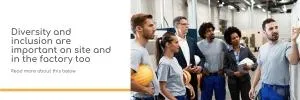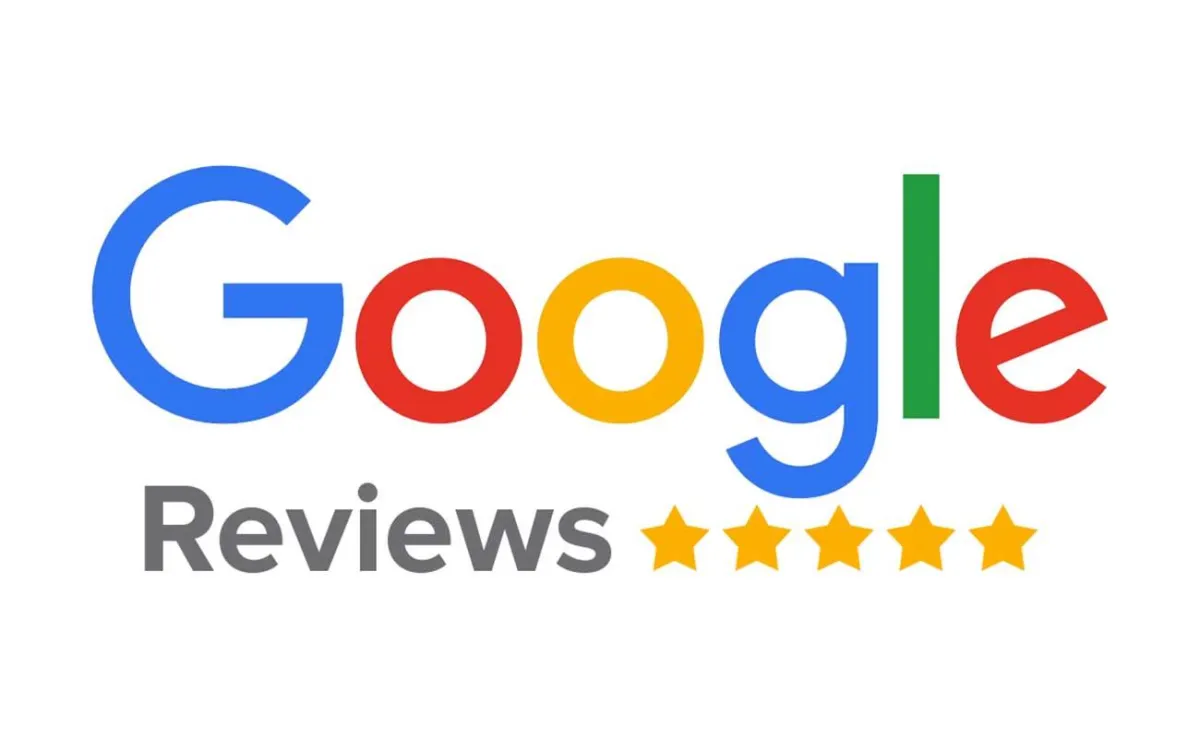Blog

Diversity and inclusion are important on site and in the factory too
Diversity and inclusion aren’t spoken about that much in industries such as construction, engineering, agriculture and manufacturing but that doesn’t make these subjects any less important.
In this post, you’ll learn the difference between diversity and inclusion, and what you need to be aware of as business leaders in these industries.
What is diversity and inclusion and what’s the difference?
Firstly, diversity and inclusion are there to protect your workers.
Diversity is the characteristics, experiences and other distinctions that make one person different from another.
To remind you, protected characteristics include age, disability, gender reassignment, marriage and civil partnership, pregnancy and maternity, race, religion or belief, sex, and sexual orientation.
And inclusion is all about creating an environment where people — regardless of surface or hidden level differences — feel welcome and valued.
As a business leader in these industries, this is what you need to be aware of:
Legal and ethical requirements
As a business leader, you have a duty under the Equality Act 2010 to:
• Eliminate discrimination, harassment and victimisation
• Promote equality of opportunity
• Foster good relations between people from different groups
Non-compliance can lead to costly legal troubles.
In addition to this, your ethics as a company around diversity and inclusion will be reflected in your culture.
Cultural awareness
In these industries, you might have employees from all walks of life and cultural awareness and acceptance is key – it promotes good teamwork and prevents any misunderstandings or frustrations.
Cultural awareness and acceptance should be a pillar of your own company culture – this will send a clear message to your employees and workers that discrimination of any kind is not tolerated.
This will prevent behaviour that will not only cause offence to your workers but create a big headache for you too if reported.
Safety
In potentially dangerous working environments safety is crucial and everyone in that environment needs to have had the correct training and need to understand the policies and procedures.
This can be difficult to manage when English isn’t everyone’s first language – so you might need to think about this and potentially provide safety training in a worker’s preferred language.
Safety first. But more importantly, safety everyone understands first.
Remember, diversity and inclusion aren't just nice-to-haves; they're the solid foundation on which you can build a brighter, safer and more prosperous future.
If it’s time to get to work, but you need a little help, get in touch.
If you find this article useful, consider sharing it with others
Happy Customers

Say Hello

©2021 - 2024 People Pillar HR | Privacy Policy

